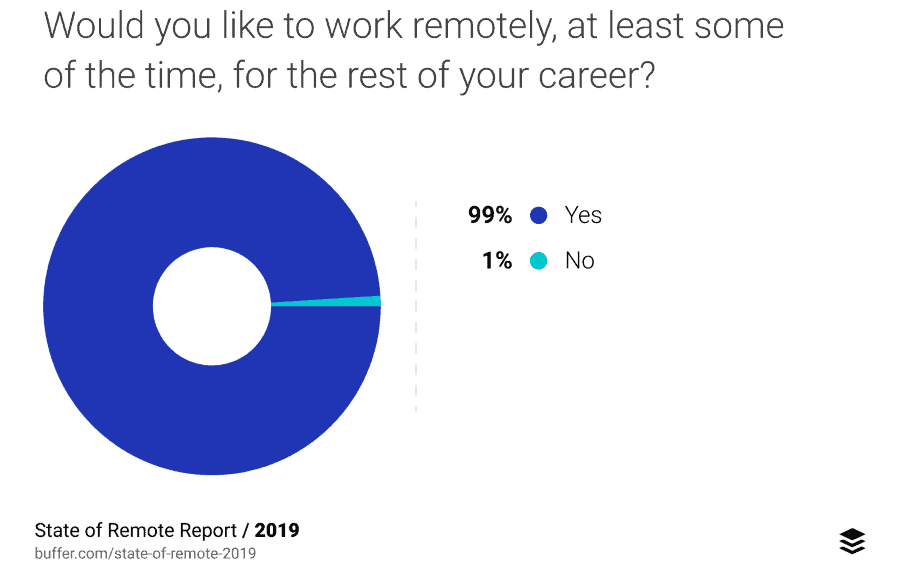[ad_1]
A professional business plan is crucial during when starting any business. After all, in the business plan you outline and detail the “how” of your enterprise. Additionally, the planning document aids business owners in analyzing the progress of their startup and when seeking additional funding. Writing an ideal business plan helps any graduating student jump-start their business endeavor or business career.
Graduating students must hone the skill of writing a plan that forecasts progress for established firms, too. At the very least, student and business owners benefit from knowing the basics of a successful business plan.
Getting Started with Writing the Ideal Business Plan
An ideal business plan should project the upcoming three to five years. Therefore, a successful plan contains information about your future marketing strategies and the possibilities for your company’s success.
Additionally, You need to customize the plan and include headers, charts, and appendices for easy navigation. The average business plan will be about 40 pages. If that seems daunting, a skilled essay writer can assist with drafting an effective plan.
A useful business plan is never finished. Instead, you should revise it regularly as you achieve the results you’re aiming for. However, during the revision period, you must ensure that you do not lose focus of the long-term aims of your business.
Here are the essential reasons for writing an ideal business plan:
- Establishing reachable business goals
- Understanding the main objectives of the company/business
- Enabling others to comprehend your business policies
- Maintaining focus and prioritizing your work
Additionally, a business owner hoping to expand internationally may find the plan useful to evaluate the potential of their services in the foreign market.
The Ideal Business Plans for Startups
For students who choose to build a start-up, the ideal business plan will help organize essential ideas and goals. In addition, an effective plan provides a new entrepreneur the ability to track the firm’s progress. Lastly, categorizing products and drafting a marketing strategy rely heavily on an effective plan for your business.

Photo by Startup Stock Photos from Pexels
Remember, you must continuously revise and keep up to date your business plan, even if it seemed ideal at the start. The writing process does not change, but the content evolves along with the business. Each business plan is unique, even though the components of a successful business plan are similar across industries.
Capital-Building Plans
Funding companies want to see your firm’s progress, first and foremost. They will also want to understand how you will repay any funds they provide your venture. Writing an ideal business plan for funding includes these matters. Be up front about your expectations and how you will meet your obligations.
The Essentials for an Ideal Business Plan
Here is a quick look at the essential components of a business plan and its formatting outline. Students should consider each one of the components below carefully when they aim to write the ideal business plan.
Cover Sheet
Student entrepreneurs must familiarize themselves with the correct formatting when writing an ideal business plan. The cover sheet comes first and should bear crucial information about the enterprise. This includes your firm’s logo, name, contact information, address, and any other important personal contact information.
Table of Contents
The table of contents of the ideal business plan provides readers quick access to the various sections of your business plan. Readers can then choose the area that is most important to them without going through the whole report. Additionally, the table of contents is a good reference point and writing guide, especially when determining the project’s length.
Summary
Though you may write the summary last, ensure that it appears immediately after the table of contents. For you, as the writer, the summary provides a final word. However, for your reader, the summary offers an overview of the entire plan before they get into the plan details.
The Company Description in an Ideal Business Plan
Your company description must contain essential information about your business. Include your company history, mission statement, goals, vision, and the principles. This section should also provide the names and roles of your top-ranking employees or people with chief roles.
Market Synopsis and Analysis
Business owners must provide accurate analysis and description of the current market for their industry. It is important to provide data regarding the target market, shares, and advertising strategies. This section of the plan should also provide information about the ideal client for your business. Make sure to cite all facts and statistics properly.

Photo by Lukas from Pexels
Services Offered
No business plan is ideal or complete without a detailed description of the goods and services the business offers. Business owners should explain why the products are better than competitors’ goods. Also, describe the value of your services or products for advertising purposes.
Fiscal Control
Any agent reading your business plan will want to better understand the costs associated with starting and running your business. Therefore, include projected income statements and the calculated risks of doing business. Operational organization charts also help the reader better understand your financial obligations.
RELATED CONTENT: WAYS TO FIND NEW FUNDING FOR YOUR BUSINESS
Appendices
As we noted earlier, the ideal business plan never expires. Instead, the plan is revised over time. Appendices provide business owners the necessary additions that reflect the growth of your business. Your appendices note the implementation of new ideas and outline the overall growth of your business.
Final Thoughts
Students of business must focus study on writing an ideal business plan in order to transition from student life to entrepreneur and business owner. The best way to refine your skills is to draft business plans for your professors to review and provide feedback. Structure your business plan to reflect all essential information and ensure that details are precise. Be consistent when expressing the company’s goals. Finally, writing an ideal business plan requires a clear statement of your business goals and standard procedures about how you will reach your goals.
[ad_2]
Source link








